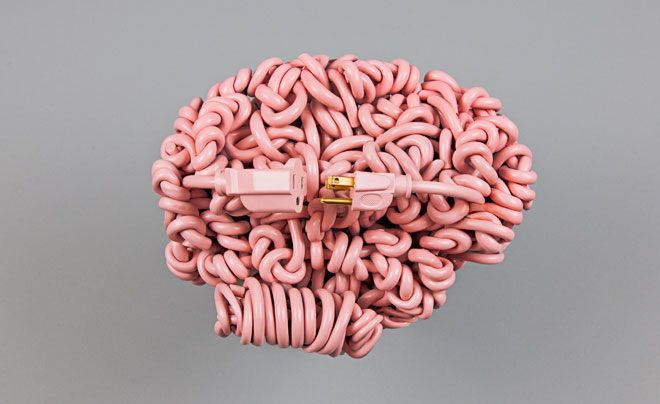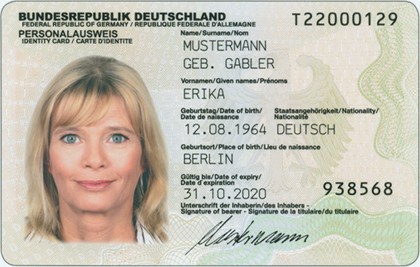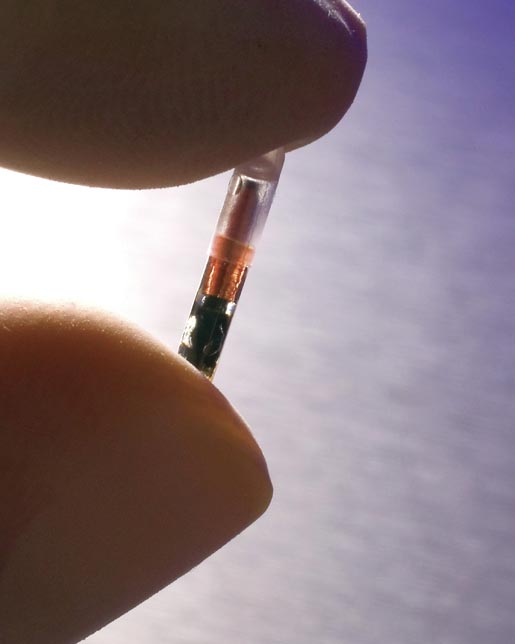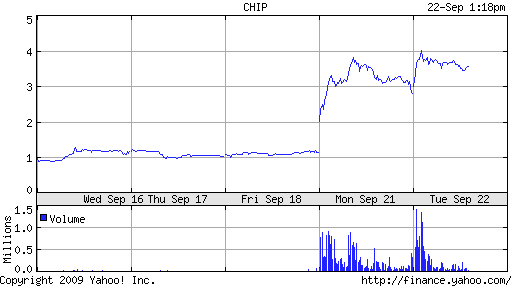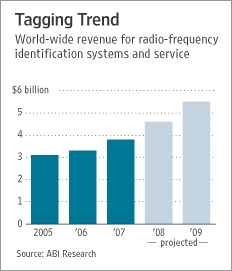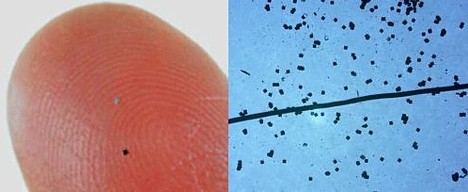‘An international team of researchers from the United States, China and Singapore.’
YouTube Added: 19.08.2011
The journal Science is reporting this week that a super thin electronic patch that sticks to the skin like a temporary tattoo could transform medical sensing, computer gaming and even spy operations. The micro-electronics technology – called an epidermal electronic system or EES – was developed by an international team of researchers from the United States, China and Singapore. One of the creators – Professor John Rogers from the University of Illinois has said that EES eliminates the “distinction between electronics and biology” because it “integrates with the skin in a way that is mechanically and physiologically invisible to the user.” In test studies the patch was used instead of bulky electrodes to monitor brain, heart and muscle tissue activity and users who had it on their throat operated a voice-activated video game with more than 90 percent accuracy. The wireless device is nearly weightless and requires so little power it can fuel itself with miniature solar collectors or by picking up electromagnetic radiation. Less than 50-microns thick – the device is thinner than a human hair and as soft as human skin and it can stick to the skin without any glue or sticky material. In fact – EES uses a molecular force known as “van der Waals interactions” to create adhesion between the patch and human skin on the molecular level. Scientists have spent six years developing this technology and they believe that EES might find future medical uses in patients with sleep apnea, babies who need neonatal care and for making electronic bandages to help skin heal from wounds and burns.
On the other hand, it could also be the ultimate spy tool. Imagine somebody comes up to you and touches your neck and, unbeknownst to you, you are now carrying a device that can transmit to somebody else everything from your blood pressure – are you under stress or lying? – to the words you’re speaking. Future versions may even have cameras in them. And they wouldn’t even need to touch you – a few thousand of them could be blown into a crowd – it wouldn’t even look like a little bit of dust – and suddenly everybody is chipped, everybody is monitored, everybody is trackable anywhere on earth. And this isn’t my paranoid rant – this is explicitly why the spy organizations of the countries that collaborated to develop this – Singapore, China, and the United States – are so excited about it. More as the story develops…
